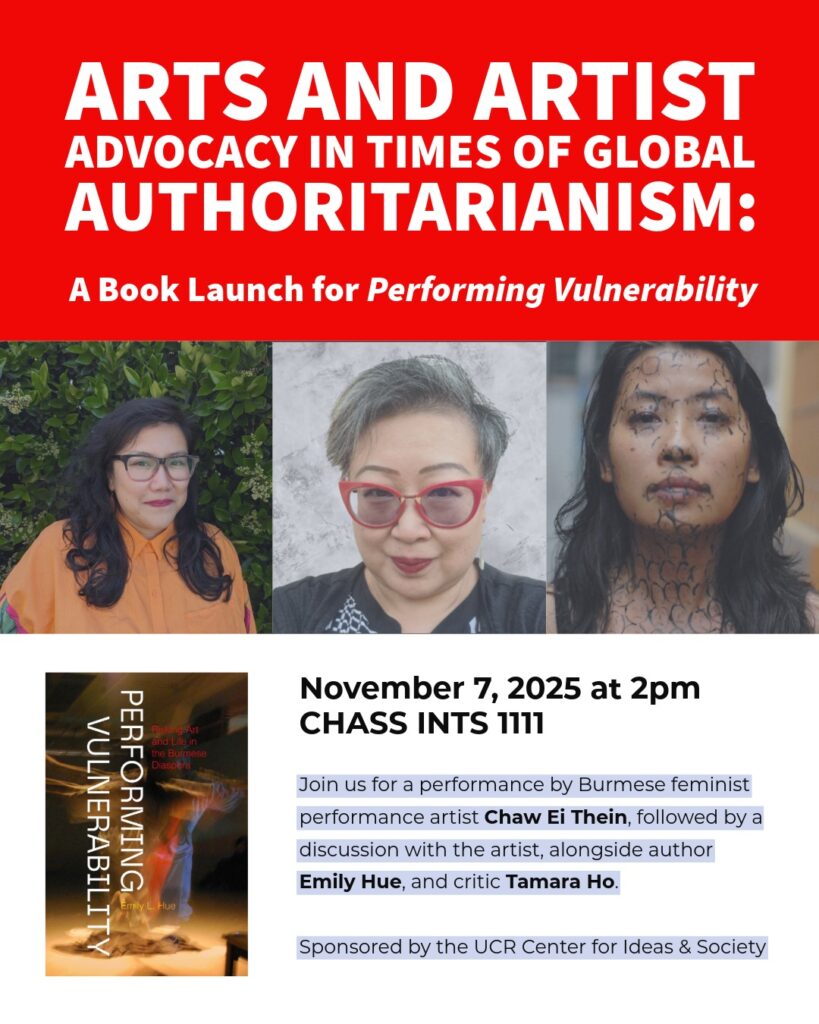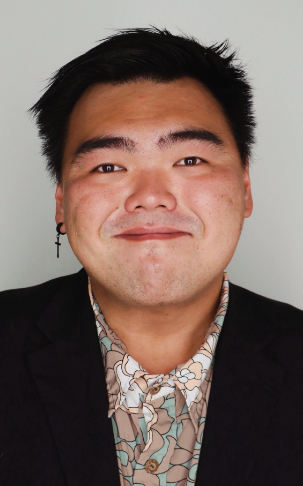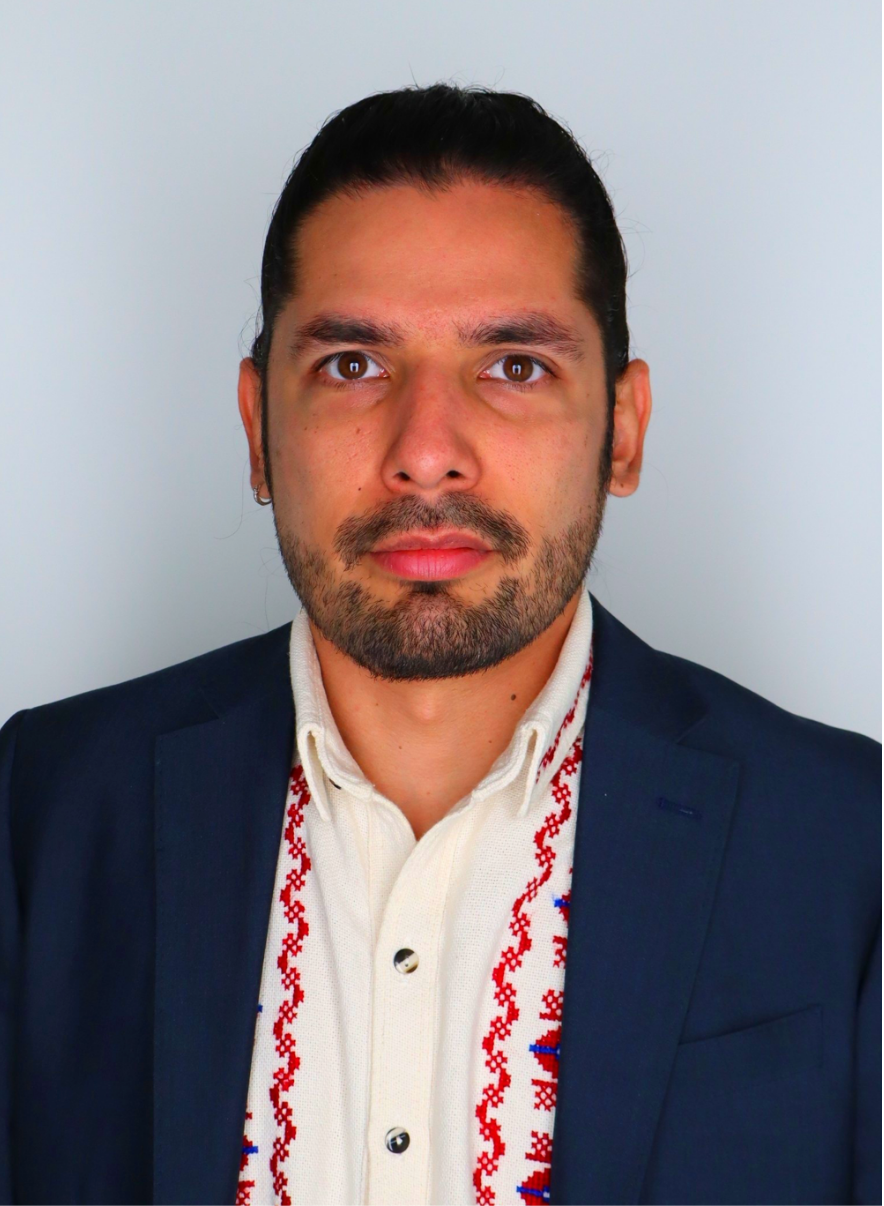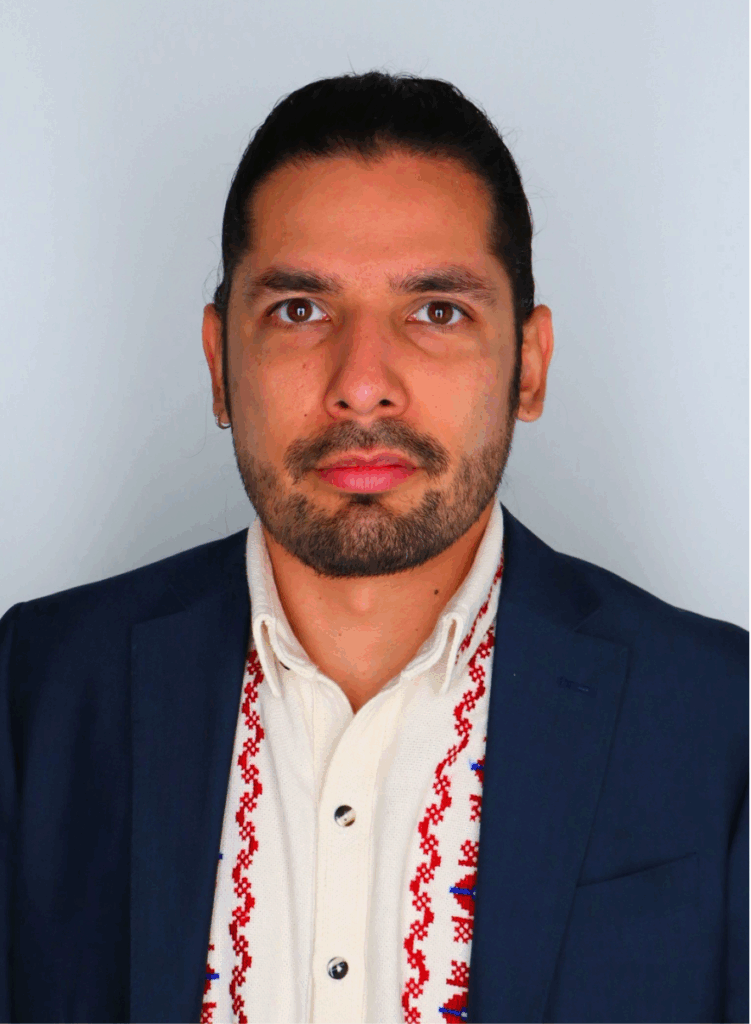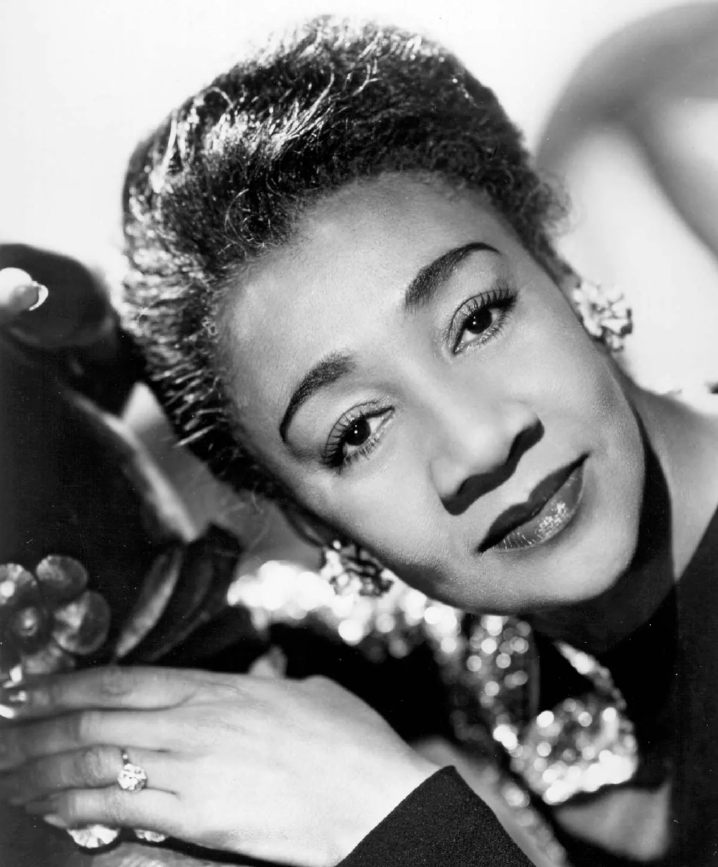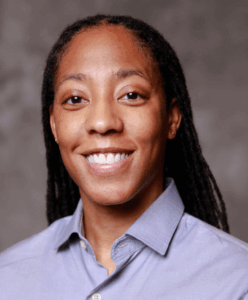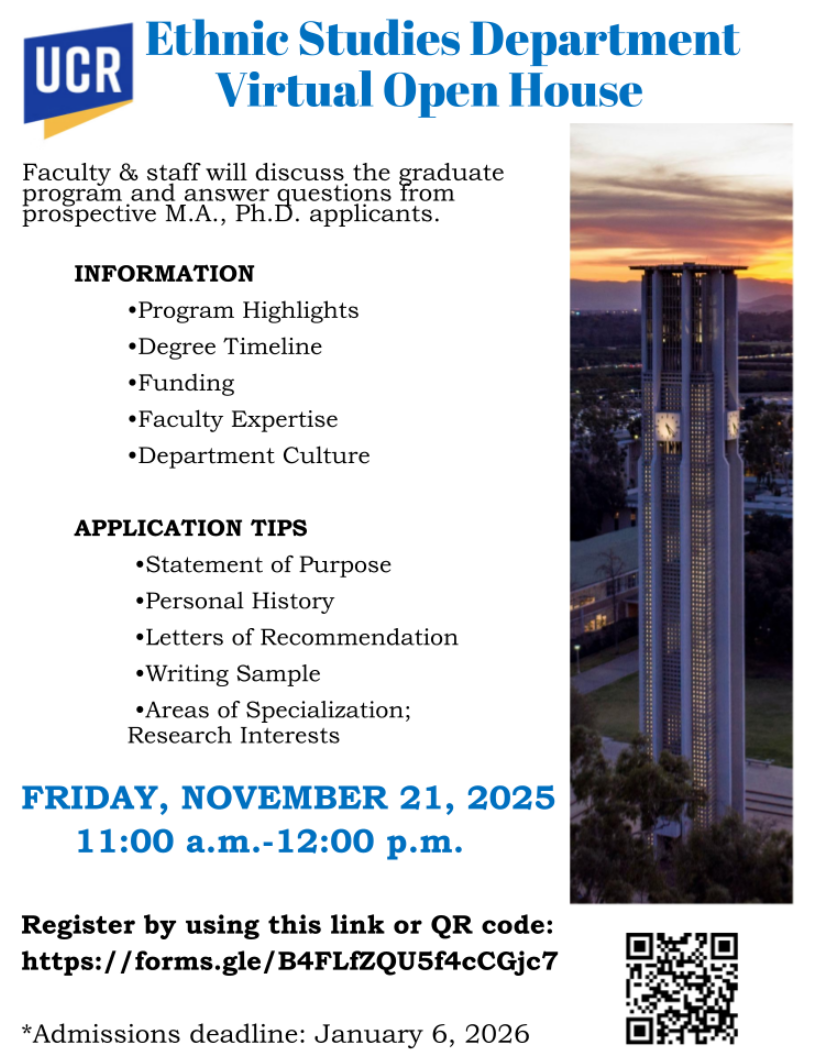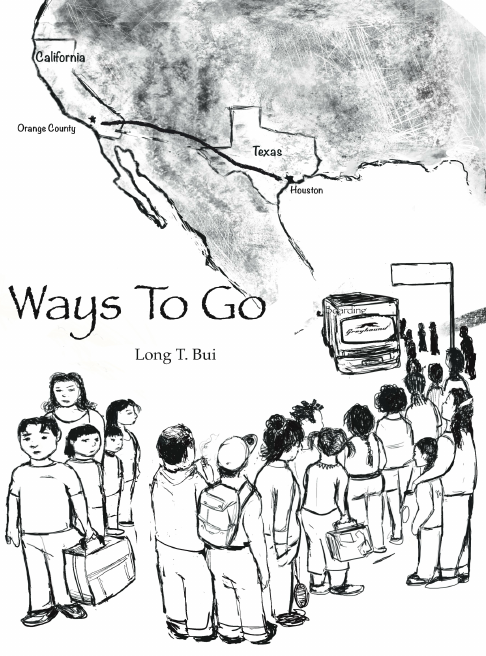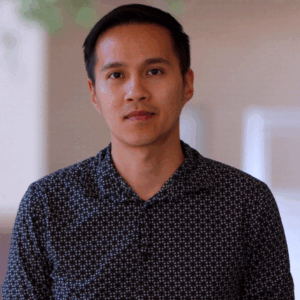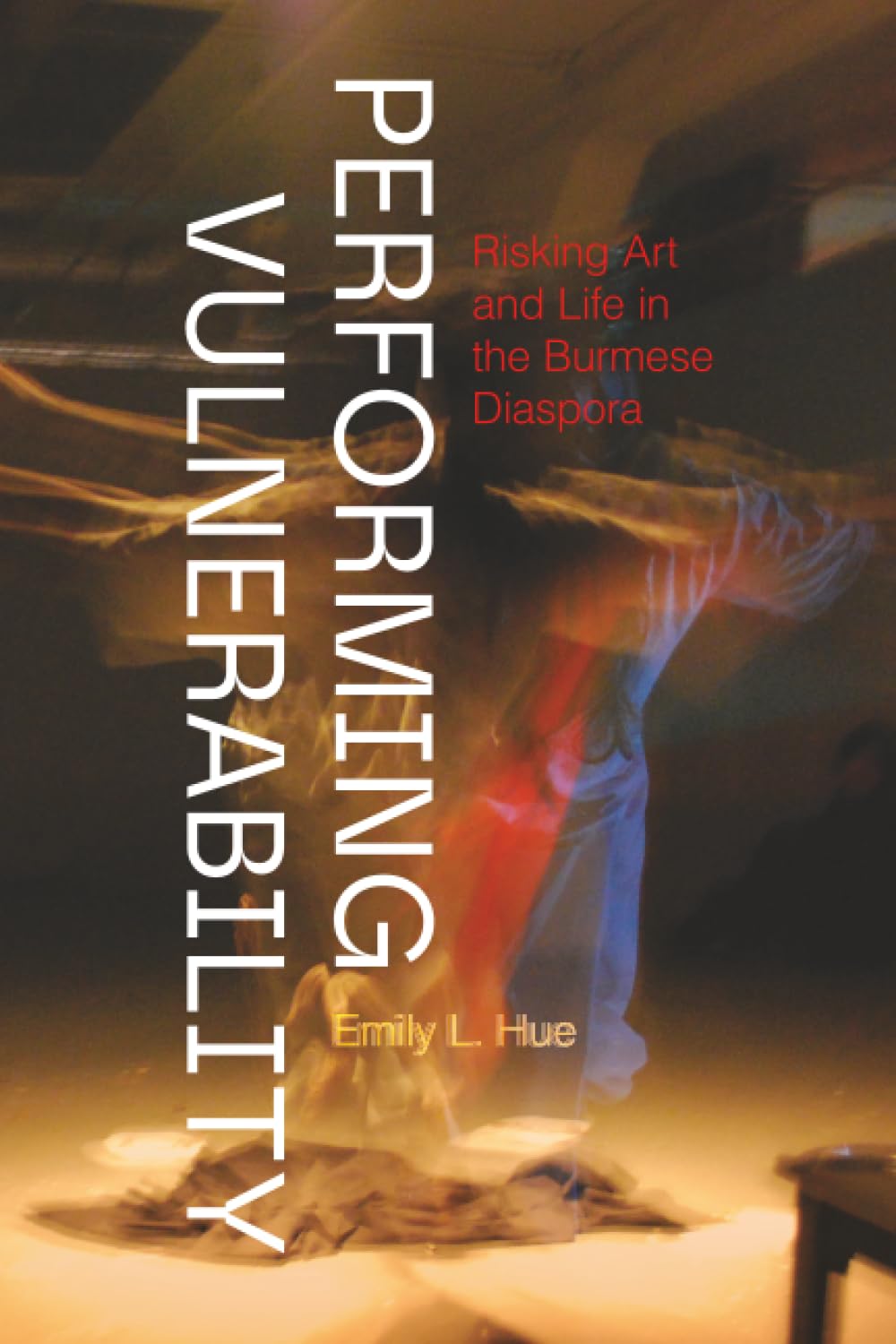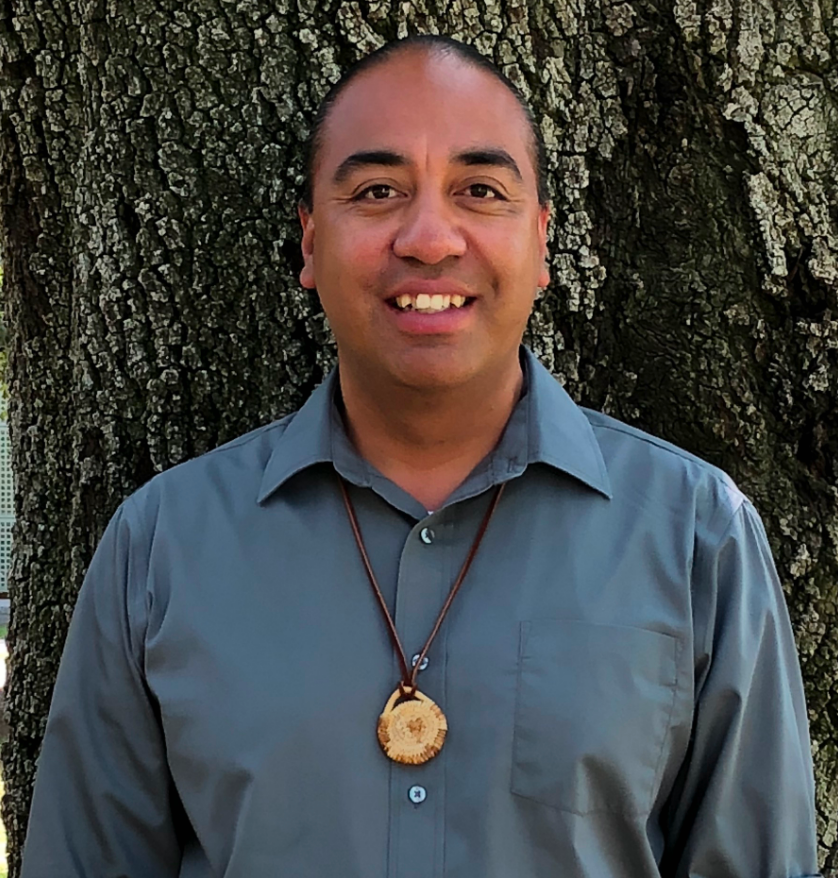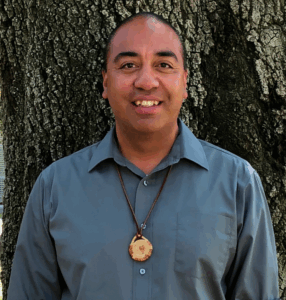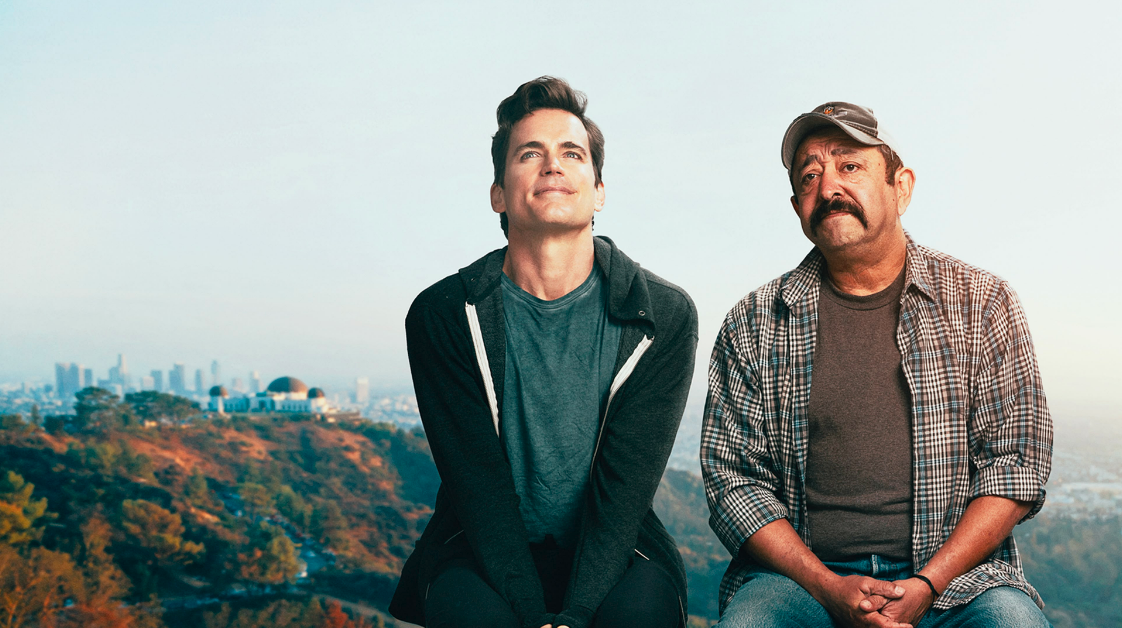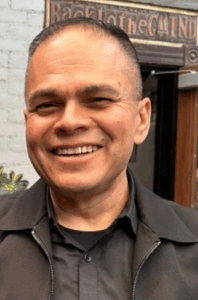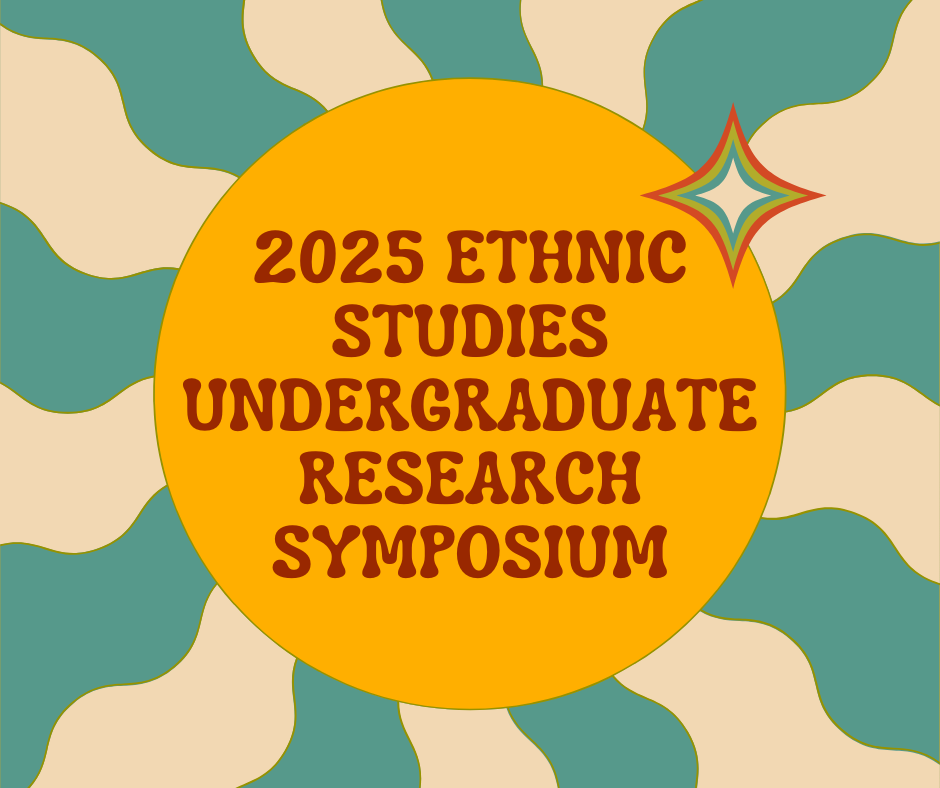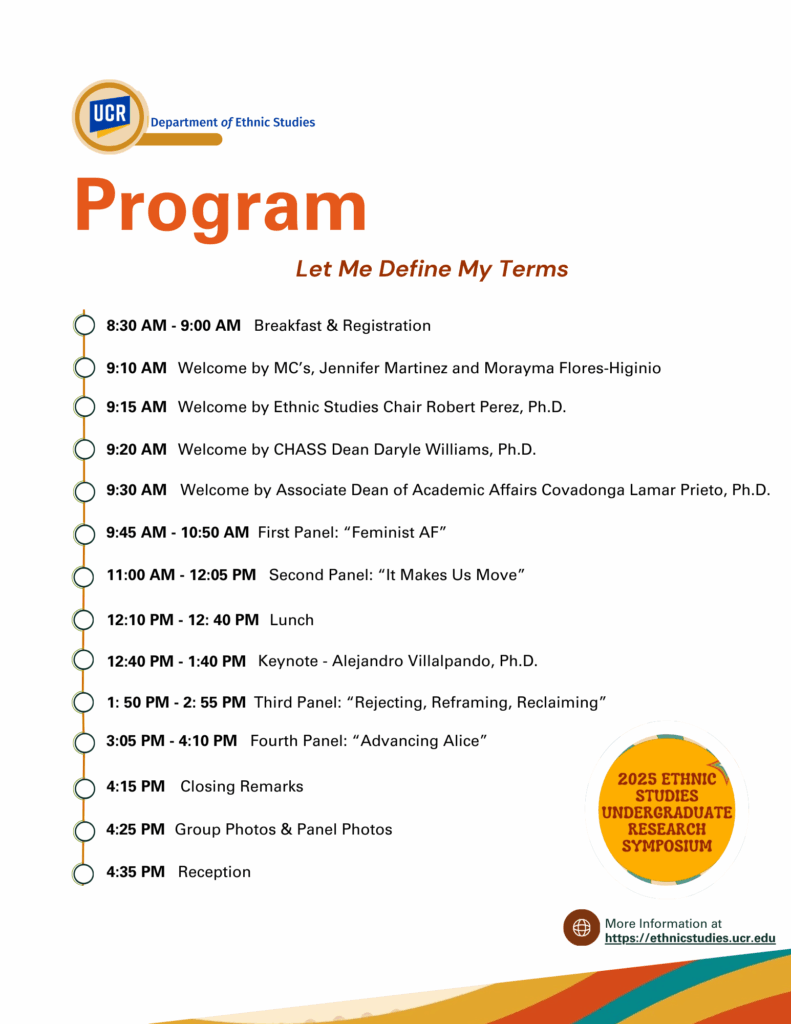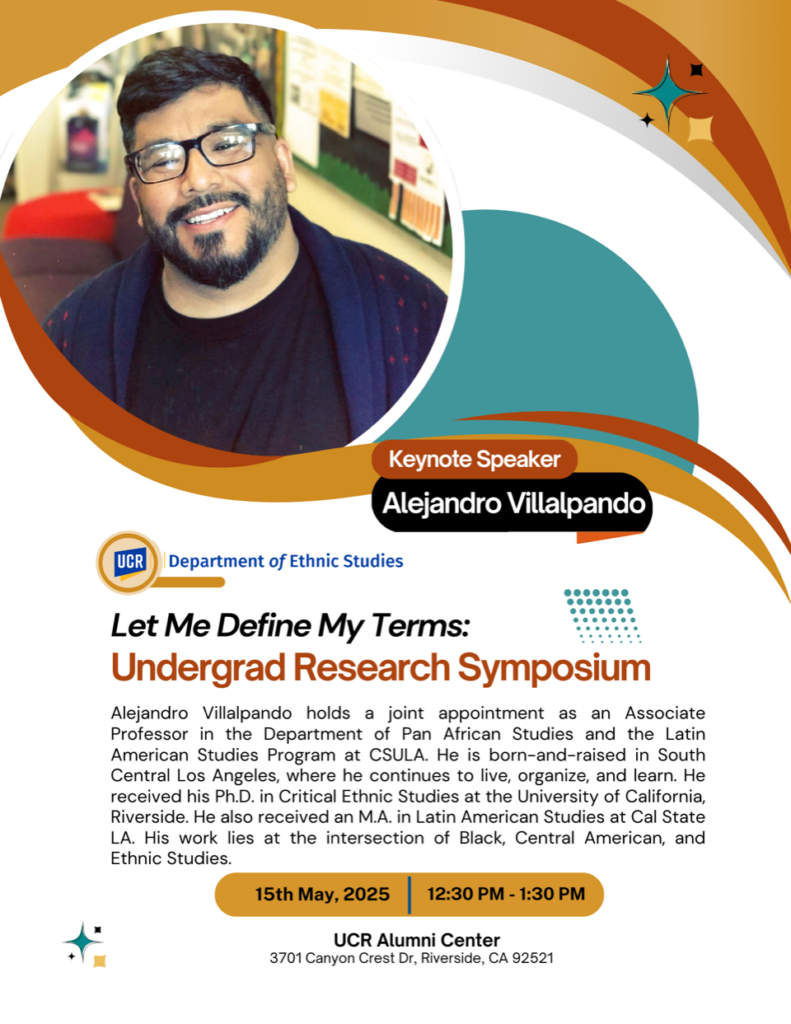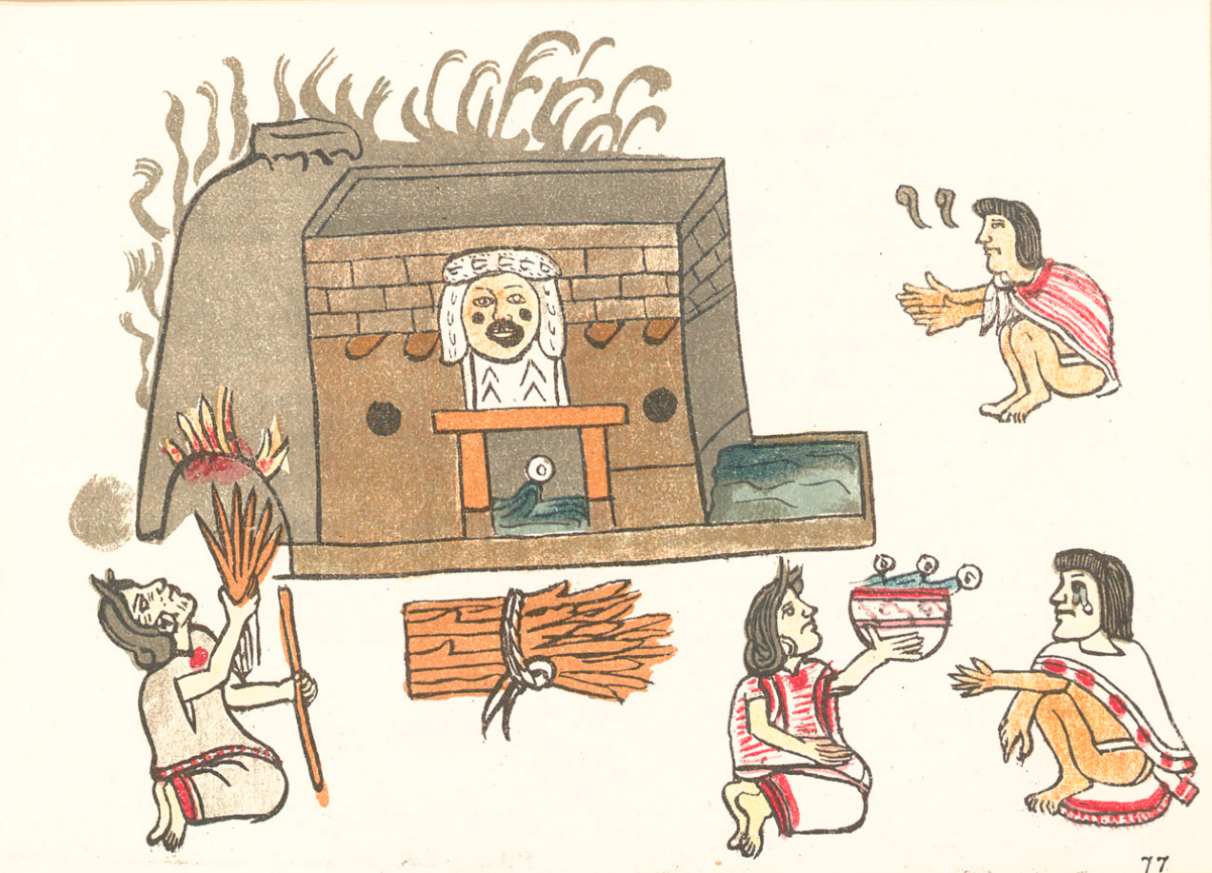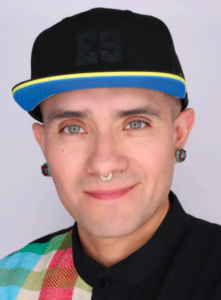The Center for Ideas and Society Presents
A Book Launch for Performing Vulnerability
Featuring Emily Hue, Tamara Ho, and Chaw Ei Thein
Friday, November 7, 2025
2:00–5:30 p.m.
CHASS INTS 1111
Performing Vulnerability: Risking Art and Life in the Burmese Diaspora is a groundbreaking exploration of how diasporic Burmese artists navigate the intricate intersections of art, politics, and humanitarianism. It provides a critical examination of the economic and social value placed on representations of suffering of artists living in the aftermath of military rule. This event invites further dialogue on the ethical implications of this value within the global arts and humanitarian markets in the US and beyond.
We will open with a performance by Burmese feminist performance artist Chaw Ei Thein and follow with a discussion with the artist, alongside author Emily Hue, and critic Tamara Ho. Topics discussed include the current political moment in Myanmar post-coup as well as how immigrant and exiled artists work against “doubled” authoritarian afterlives in the United States. Reception to follow.
Tentative Event Schedule
2:00 – 2:45 Performance: Chaw Ei Thien
2:45 – 3 pm intermission
3 to 4:15 pm Roundtable Discussion: Emily Hue, Tammy Ho, Chaw Ei Thein
4:15- 5:30 Q&A and reception
Speakers
Chaw Ei Thein: “I was born in 1969 in Yangon, Myanmar (Burma). I graduated with LL.B (Law) in 1994. I has started art at an early age through I had received numerous national and international art prizes and awards. My father is an artist and art teacher Pathein Maung Maung Thein. He is my art teacher and mentor. My artistic practices are diverse and I am working as a painter and a performance artist.”
Tamara C. Ho is an Associate Professor of Gender & Sexuality Studies. She earned her Ph.D., in Comparative Literature from University of California, Los Angeles.
Emily Hue is an Associate Professor of Ethnic Studies and core faculty in Southeast Asian Text, Ritual, Performance (SEATRiP), at the University of California, Riverside. She earned her Ph.D. in American Studies from the Department of Social and Cultural Analysis at New York University.
